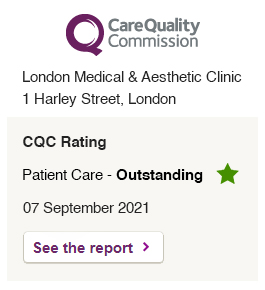The Future of Aesthetic Lasers
The human skin is one of the biggest organs in terms of surface. As humans grow older, more people are affected by significant normal changes of the skin and sometimes skin diseases. Although a skin changes and diseases may be addressed easily due to their accessibility, the complex structure and function of the skin often prevent side effect-free interventions.
The observation that a laser fractionated treatment of the skin leads to improved results as compared with that which can be achieved by treating the whole affected area is not new. In vessels, it has been discovered that there is no need to address the structure in total along its way under the skin.
In addition, there were superior cosmetic results when only parts of the vasculature were coagulated whereas intact structures did not diminish the results. Also, lasers enable us to trigger a skin remodelling in both epidermal and dermal compartment, they have found a wide acceptance in a rather short time.
Despite a wide use of fractional lasers to treat several skin conditions associated with aging trauma, the door has just been opened in terms of using this extremely high capacity of self- renewal in the context of treating various skin diseases and even cancer. Basic Concept of C02 Fracture Laser In the past it has been shown that wounding in particular results in a typical sequence of healing, which is most often accompanied by inflammation.
To specifically address skin remodelling in sun-damaged or aged skin for a long time, so – called skin resurfacing has been used. Lasers have been used for this procedure were designed to remove the epidermal and dermal compartments to apply heat. Although this procedure is still regarded as the gold standard in aesthetic medicine, its inborn adverse effect prevented it from widespread use.
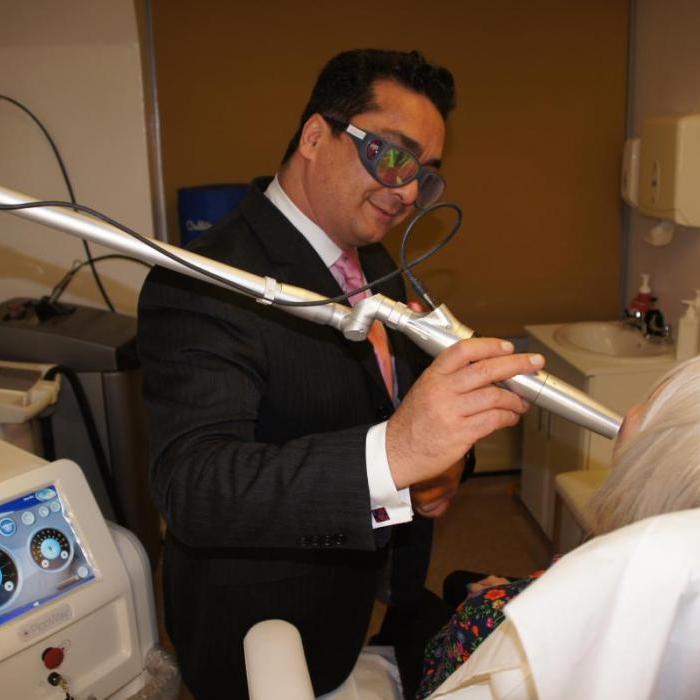
Dr Ayham Al-Ayoubi : A breakthrough has been marked by a development of lasers that work either in a non – ablative or ablative manner. Ensuring a treatment coverage of less than 50% of the skin surface, the skin uniformly heals over time, the reformation of both collagen and hyaluronic acid begins. Treating the skin in fractions has been made possible by non – ablative and ablative laser systems. The different wavelengths as well as many other laser parameters do influence the clinical end – point of treatment.
Therefore, it is crucial to have appropriate training with a given laser technology to treat specific indications. Post- Fractional Laser Treatment The holes within the skin are surrounded by a coagulation zone in a three –dimensional manner. Their thickness mainly depends on wavelength, energy and pulse configuration. However, the total thermal damage to the tissue is in nonlinear correlation to the energy applied. Along with epidermal repair process, an inflammatory response becomes visible. Over time, collagen fibres, elastic fibres, and ground substance are replaced by newly synthesized molecules.
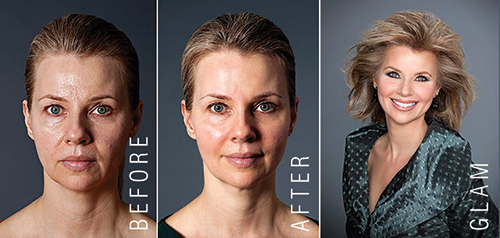
A very unique and specific sign of post – fractional laser wound healing, the presence of so called MEND becomes visible at the skin surface approximately 72 hours posttreatment. The MEND process reflects the removal of debris, melanin, elastin and remnants of coagulated dermal compartments and inflammatory cells. Evidence-Based Fractional Laser Treatment To date, fractional lasers are approved by the Food and Drug Administration (FDA) for a variety of indications such as rhytids, fine lines, skin texture, depigmentation, and vascular dyschromia’s.
This has led to wide clinical use and is reflected by almost 1,000 publications and based on this factor
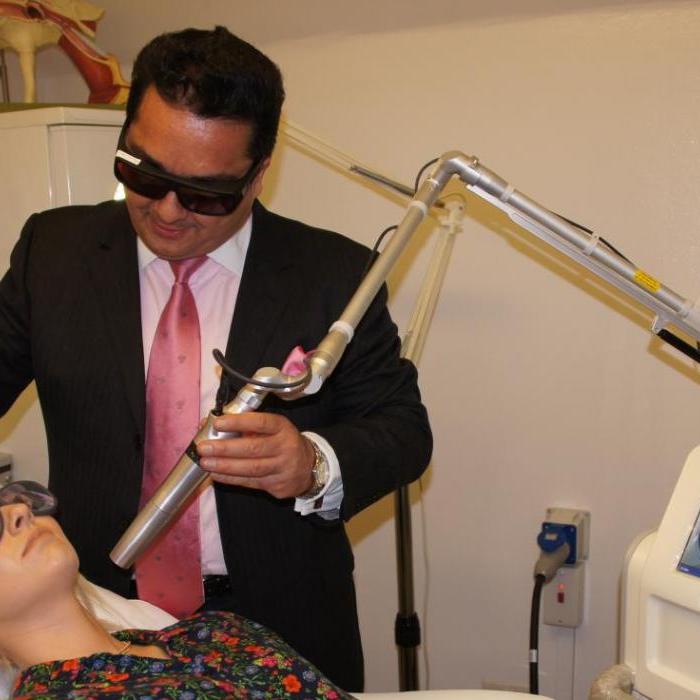
Dr Ayham Al-Ayoubi has introduced and pioneered the Fractional C02 Laser Treatment in the UK. Lasers For Scars Scars have been the main focus of interest when it comes to laser treatment. Various systems have been created to accommodate different skin types. In more than two – thirds of patients, an improvement has been seen. Although old scar tissue does respond, it came to our attention that treatment should be started as early as possible.
Increasing treatment intensity, results seem to be better.
For thick scars and keloids, it is proved that CO2 laser is in most cases the best treatment.
Laser For Dyspigmentation and Melasma As a matter of fact, the MEND shuttle is characterized by transporting melanin to the epidermal surface. This has created hope to treat depigmentation’s of the skin as well as the specific conditions of Melasma more effectively, the laser light absorbed by the melanin in the skin causing heating of the cells and eventually damaging them so the body naturally re surfaces them.
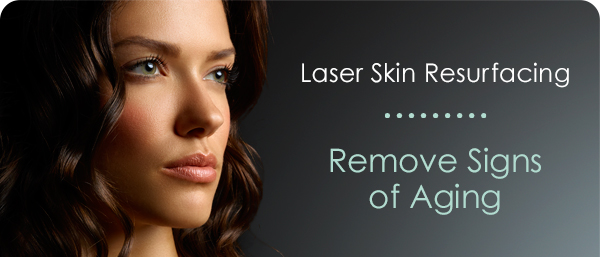
Laser For Fibrosing and Inflammatory Skin Diseases Skin diseases characterized by chronic inflammation and ongoing fibrosis are difficult to treat. Although mechanisms of this kind of remodelling are not fully understood, it sheds light on the potential of fractional laser to be used in those conditions.
In fact, during treatments of acne scar, we experienced that inflammatory lesion did also respond to the treatment.
To read more about advanced C02 Laser click here




